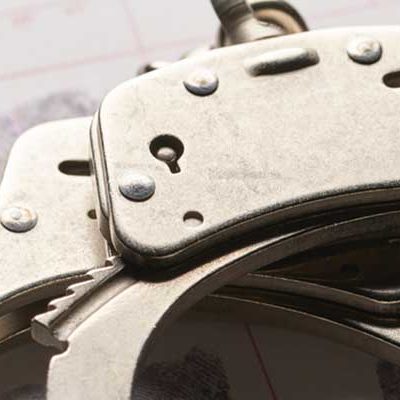If you are subject to a Police investigation, you may find that the matter is concluded by way of NFA, No Further Action.
Essentially, this means that the Police have investigated the allegation/s that were made against you and taken the decision at this stage to take no further action.
The Police or the Crown Prosecution Service (CPS) may make this decision if they feel there is insufficient evidence to charge you with an offence or that it would not be in the public interest to take the matter any further.
But does this really mean it is the end of the matter?
Further Action
What if further evidence comes to light?
Can the Police re-invigorate the investigation?
The short answer to this is 'Yes'!
Where the Police have concluded an investigation by way of No Further Action, this does not prohibit them from restarting the investigation at a later date should new evidence come to light.
It can be a very traumatic time waiting to see whether you ever hear from the Police again about an investigation, even when you know that you are entirely innocent, and often, we feel better when we know we are taking some positive action. So what can you do?
The mere fact that you were arrested on suspicion of a criminal offence will have left a mark on your record. You can read more about this and how you can take positive action to delete this arrest from your record with help from our lawyers expert in record deletion here.
If you need help in respect of a criminal investigation, please do not hesitate to contact our expert criminal lawyers
If you would like to speak to our expert legal team about this, or any related subject then please contact our team by phone on 0207 936 6329, Email or by completing our Quick Contact Form below.
